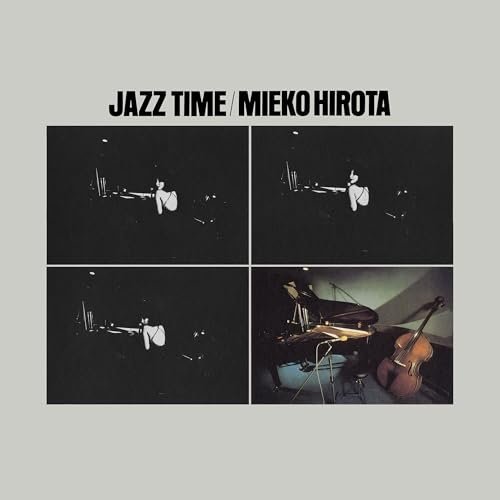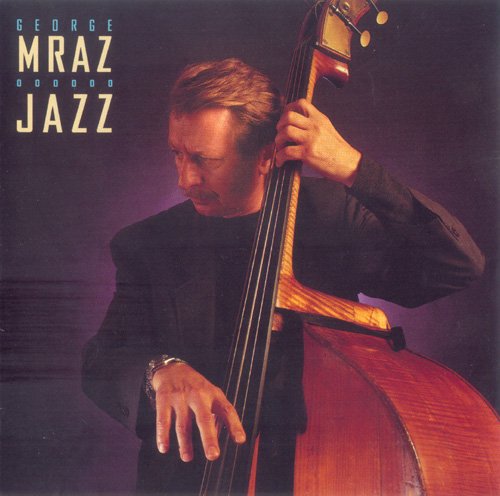The Bystanders - The Pye Anthology (2001)
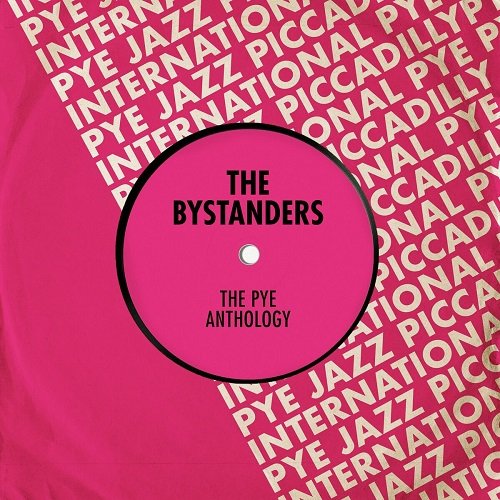
Artist: The Bystanders
Title: The Pye Anthology
Year Of Release: 2001
Label: Sanctuary Records
Genre: Oldies, Merseybeat, Blue-Eyed Soul, Harmony Pop
Quality: Mp3 320 / Flac (tracks)
Total Time: 01:00:41
Total Size: 152/245 Mb
WebSite: Album Preview
Tracklist:Title: The Pye Anthology
Year Of Release: 2001
Label: Sanctuary Records
Genre: Oldies, Merseybeat, Blue-Eyed Soul, Harmony Pop
Quality: Mp3 320 / Flac (tracks)
Total Time: 01:00:41
Total Size: 152/245 Mb
WebSite: Album Preview
1. That's the End 2:30
2. This Time 1:37
3. (You're Gonna) Hurt Yourself 2:25
4. Have I Offended the Girl 2:31
5. My Love Come Home 2:22
6. If You Walk Away 2:17
7. 98.6 3:19
8. Stubborn Kind of Fellow 3:04
9. Royal Blue Summer Sunshine Day 3:11
10. Make Up Your Mind 2:54
11. Pattern People 2:40
12. Green Grass 1:59
13. When Jesamine Goes 3:14
14. Cave of Clear Light 3:41
15. This World Is My World 2:21
16. Painting the Time 2:30
17. Stay a Little While 2:47
18. You're Ready Now 2:40
19. Cheryl's Going Home 2:13
20. The Little Girl I Once Knew 2:38
21. Dang Me 2:36
22. My Way of Thinking 2:37
23. Grapevine 2:37
One of the few Welsh bands to release records on a fairly regular basis in the mid to late '60s, the Bystanders are chiefly notable not for their own derivative music, but because they evolved into the Welsh progressive rock group Man. As the Bystanders, they managed to release eight singles in the U.K. between 1965 and 1968, competently plugging into Merseybeat, blue-eyed soul, and harmony pop trends without developing any clear vision of their own or landing any superb material. Slight psychedelic hues colored some of their final tracks, which pointed the way into more original and progressive directions that the group would embrace when it mutated into Man.
The Bystanders formed long before the dawn of Man in the South Wales town of Merthyr Tydfil in 1962. They made one Merseybeat-Four Seasons hybrid single for the independent Pylot label (in fact, it was the only record the company ever released) in 1965 before picking up a new manager, George Cooper, who had handled major British pre-Beatles rock singers Joe Brown and Marty Wilde. In 1966 they got a contract with Pye, who put out seven singles by the group over the next couple of years without breaking them as a significant seller.
Perhaps, surprisingly given their later excursions in Man, the Bystanders were very much a pop group, giving the impression of sailing whichever way the wind was blowing, and writing little of their own material. Their early singles showed the pronounced influence of American harmony groups with high vocal lines, such as the Four Seasons, Beach Boys, and lesser known pop acts like the Happenings. In 1967 and 1968 they moved into somewhat more sophisticated, but still poppy, material that recalled the fluff of late '60s California sunshine pop. The group, which had not recorded any of their own compositions prior to 1968 (except on their debut single), finally did write their two final B-sides, which staked out a psychedelic pop direction. With the departure of singer Vic Oakley and the addition of guitarists Deke Leonard and Martin Ace (both from the Dream) in the late '60s, the Bystanders changed their name to Man and embarked on a different course. ~ Richie Unterberger
The Bystanders formed long before the dawn of Man in the South Wales town of Merthyr Tydfil in 1962. They made one Merseybeat-Four Seasons hybrid single for the independent Pylot label (in fact, it was the only record the company ever released) in 1965 before picking up a new manager, George Cooper, who had handled major British pre-Beatles rock singers Joe Brown and Marty Wilde. In 1966 they got a contract with Pye, who put out seven singles by the group over the next couple of years without breaking them as a significant seller.
Perhaps, surprisingly given their later excursions in Man, the Bystanders were very much a pop group, giving the impression of sailing whichever way the wind was blowing, and writing little of their own material. Their early singles showed the pronounced influence of American harmony groups with high vocal lines, such as the Four Seasons, Beach Boys, and lesser known pop acts like the Happenings. In 1967 and 1968 they moved into somewhat more sophisticated, but still poppy, material that recalled the fluff of late '60s California sunshine pop. The group, which had not recorded any of their own compositions prior to 1968 (except on their debut single), finally did write their two final B-sides, which staked out a psychedelic pop direction. With the departure of singer Vic Oakley and the addition of guitarists Deke Leonard and Martin Ace (both from the Dream) in the late '60s, the Bystanders changed their name to Man and embarked on a different course. ~ Richie Unterberger
![Robert Jukic - Res Publica (2023) [Hi-Res] Robert Jukic - Res Publica (2023) [Hi-Res]](https://img.israbox.com/img/2026-02/09/mklto26c4c319bic6rmpb8kyz.jpg)
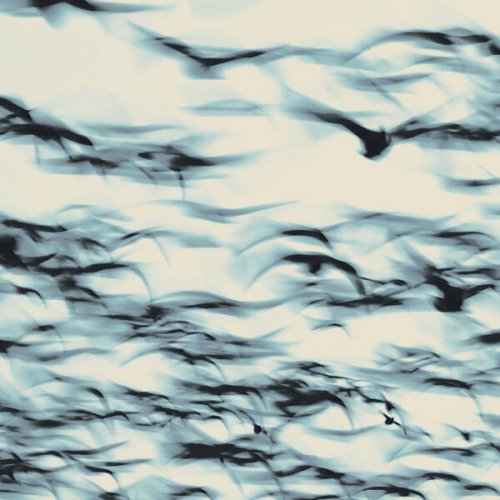

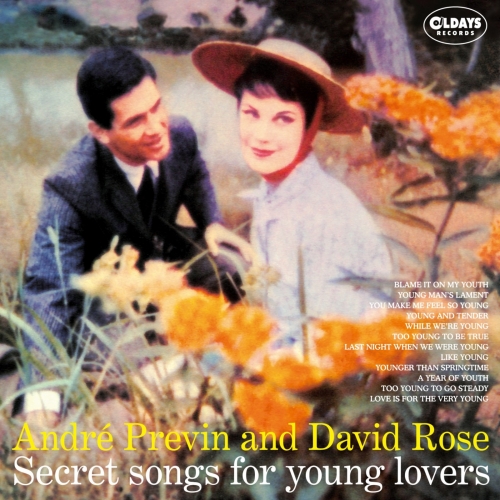
![Angelo Moore - The Medicine Cabinet (2026) [Hi-Res] Angelo Moore - The Medicine Cabinet (2026) [Hi-Res]](https://www.dibpic.com/uploads/posts/2026-02/1770633721_61lemna6xtl.jpg)
